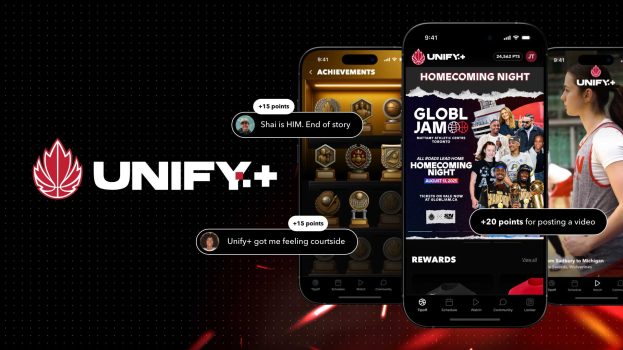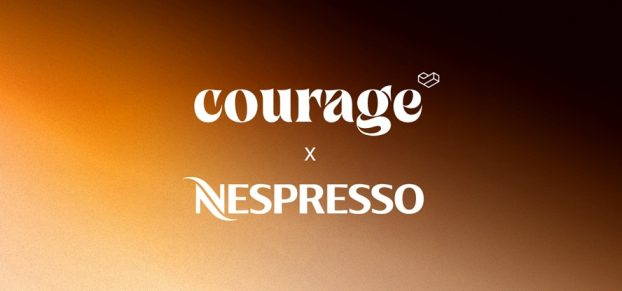Heavy digital users are more likely to give companies access to their personal information, but only if it’s a brand they hold in high regard and if it’s in exchange for something good, according to new research from the Canadian Council of Public Relations Firms.
The CCPRF conducted the study on the Angus Reid Forum, surveying 1,008 Canadians over the age of 18. Before answering the questions, participants were asked to identify themselves as one of four groups based on how digitally-savvy they were: “digital native,” “digital visitor,” “not digitally savvy” or “non-participants.”
Only 18% of digital natives said they always share personal information with brands or companies that ask for it. While this still makes them slightly more open than the general population (8% for digital visitors and 5% of those who aren’t digitally savvy), David Gordon, chair of CCPRF and managing partner at Cohn & Wolfe, says this signals that people who spend a great deal of time online are more shrewd with their information than had been previously assumed.
“For a long time, we’ve operated under this false assumption that a digital native is just willing to give it all up in the online world and don’t have the a privacy filter that others have,” he says. “What we find in the data is that’s not true. When they are willing to give it up, they are doing it because they get something in return.”
Gordon adds that whatever is offered also has to be substantial: “At one point you might have been able to get the information for a 10% discount or something. What you’re seeing now is the digital native is coming back and saying 10% is the cost of entry. You get the first digit of my phone number for that, that’s about it.”
Only 25% of digital natives said they would share personal information with a brand in exchange for a discount as high as half-off, but 50% said they would in exchange for some form of “VIP status” or access to an exclusive experience.
“Whatever you’re offering, it has to capture the notion of VIP,” Gordon says. “It’s a tangible acknowledgement that you are someone special, demonstrated through an event or relationship.”
Gordon also says offering a strong relationship with a brand is another form of value a company can offer people. As a whole, 41% of participants said they would become an ambassador for a brand with a good reputation, a number that goes up to 60% for digital natives, compared to 44% for digital visitors and 32% for those that aren’t digitally savvy. In terms of how to establish that reputation and relationship, 42% of participants said they appreciate when a brand shows a vulnerability and becomes more relatable. For brands looking to reach digital natives, 34% said they appreciated being followed by a brand on social media, compared to 14% of digital visitors and and 4% of those that aren’t digitally savvy.
The survey shows establishing a good relationship with consumers is also a good way to create trust, which is a factor in how much someone is willing to share. While 63% of all respondents said they were likely to share their personal information with a brand or company they trust, that number rises to 74% for digital natives.
A breach in trust is sometimes seen as a shot to a brand’s reputation, and for 43% of respondents, their willingness to share data with a well-known company that experienced some form of security breach would drop. However, that number drops to 26% when looking only at digital natives, suggesting that, if a company is well-known and has established a strong relationship, it could be enough to help the brand weather the storm.
“If you are a well-established brand that has a good relationship with me and you have this failure, because of the strength of your brand and the relationship, I’m willing to accept this is just one moment in time and not indicative of your brand as a whole,” Gordon says. “I won’t call it forgiveness, but it does have a greater impact on those who aren’t digital natives.”
Image courtesy Shutterstock
























